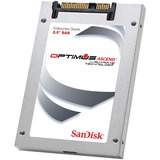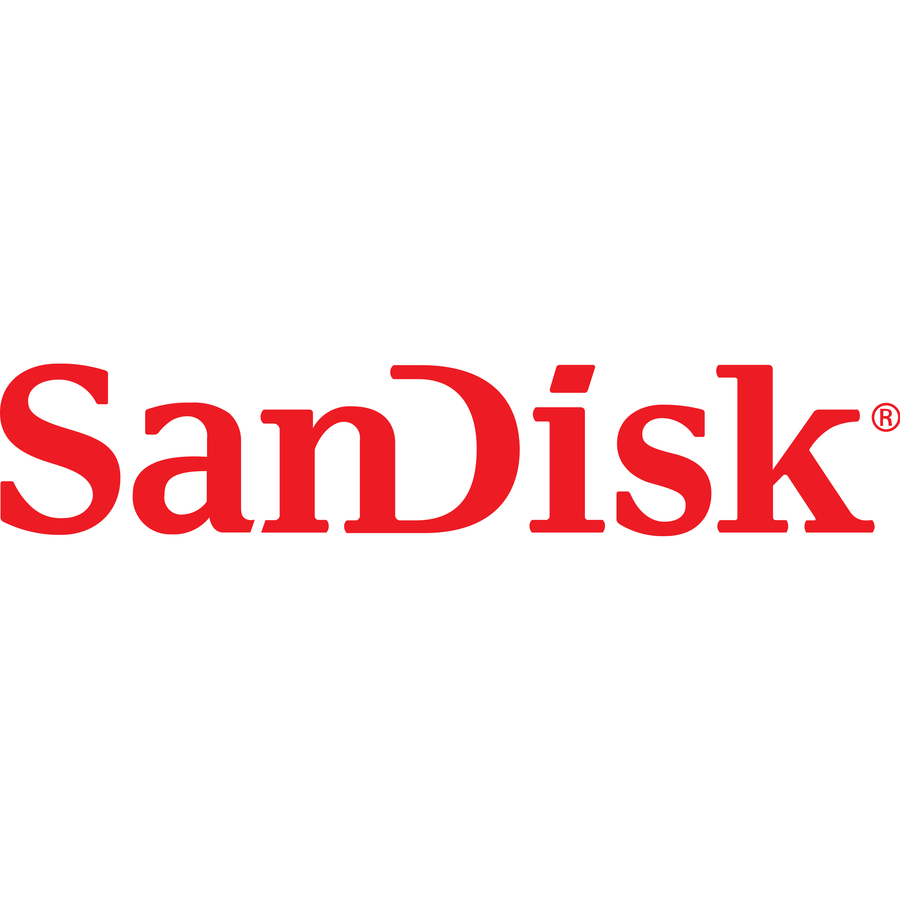AVAYA 384691

- Part Number: 384691
- Category: Hard Drives/Solid State Drives
- Manufacturer: SanDisk Corporation
- Quantity: 5

Optimus Ascend SAS SSDs: Supporting Collaboration, Email and VDI
Sandisk's Optimus Ascend™ SAS SSDs are ideal for supporting collaboration, email and messaging, financial transactions, on-line transaction processing (OLTP) databases and virtual desktop infrastructure (VDI). These workloads are characterized by a mix of reads and writes, as end-users access business services delivering these solutions, and then write new data.
Collaboration and Email
Collaborative workloads include email, messaging, and groupware. These workloads, such as Microsoft SharePoint, Microsoft Exchange and Linux-based groupware, allow end-users to share content and to coordinate with others.
Optimus Ascend SAS SSDs ensure ease of use for end-users by reducing latency that slows down application performance. They improve the user experience for customers accessing email and collaborative applications, even as the amount of end-user updates ebbs and peaks throughout the workday.
Virtual Desktop Infrastructure (VDI)
Optimus Ascend SAS SSDs support hundreds of individual end-user sessions running on a central-site server rather than on local PCs. This approach protects enterprise data and ensures business continuity for the organizations that use VDI to reduce operational costs related to IT staff time and maintenance.
Optimus Ascend SAS SSDs avoid boot storms that slow desktop response times when large numbers of end-users start their VDI-based personal desktop applications all at once. Optimus SAS SSDs allow IT organizations to increase the number of virtual machines supported per server, without sacrificing performance and application response times.
Sandisk's Optimus Ascend™ SAS SSDs are ideal for supporting collaboration, email and messaging, financial transactions, on-line transaction processing (OLTP) databases and virtual desktop infrastructure (VDI). These workloads are characterized by a mix of reads and writes, as end-users access business services delivering these solutions, and then write new data.
Collaboration and Email
Collaborative workloads include email, messaging, and groupware. These workloads, such as Microsoft SharePoint, Microsoft Exchange and Linux-based groupware, allow end-users to share content and to coordinate with others.
Optimus Ascend SAS SSDs ensure ease of use for end-users by reducing latency that slows down application performance. They improve the user experience for customers accessing email and collaborative applications, even as the amount of end-user updates ebbs and peaks throughout the workday.
Virtual Desktop Infrastructure (VDI)
Optimus Ascend SAS SSDs support hundreds of individual end-user sessions running on a central-site server rather than on local PCs. This approach protects enterprise data and ensures business continuity for the organizations that use VDI to reduce operational costs related to IT staff time and maintenance.
Optimus Ascend SAS SSDs avoid boot storms that slow desktop response times when large numbers of end-users start their VDI-based personal desktop applications all at once. Optimus SAS SSDs allow IT organizations to increase the number of virtual machines supported per server, without sacrificing performance and application response times.
Technical Information
Storage Capacity: 1.60 TBDrive Performance
Maximum Read Transfer Rate: 550 MB/sMaximum Write Transfer Rate: 380 MB/s
Interfaces/Ports
Drive Interface: SASDrive Interface Standard: 6Gb/s SAS
Physical Characteristics
Drive Type: InternalDrive Width: 2.5"
Height: 1"
Width: 2.8"
Depth: 3.9"
Weight (Approximate): 5.44 oz